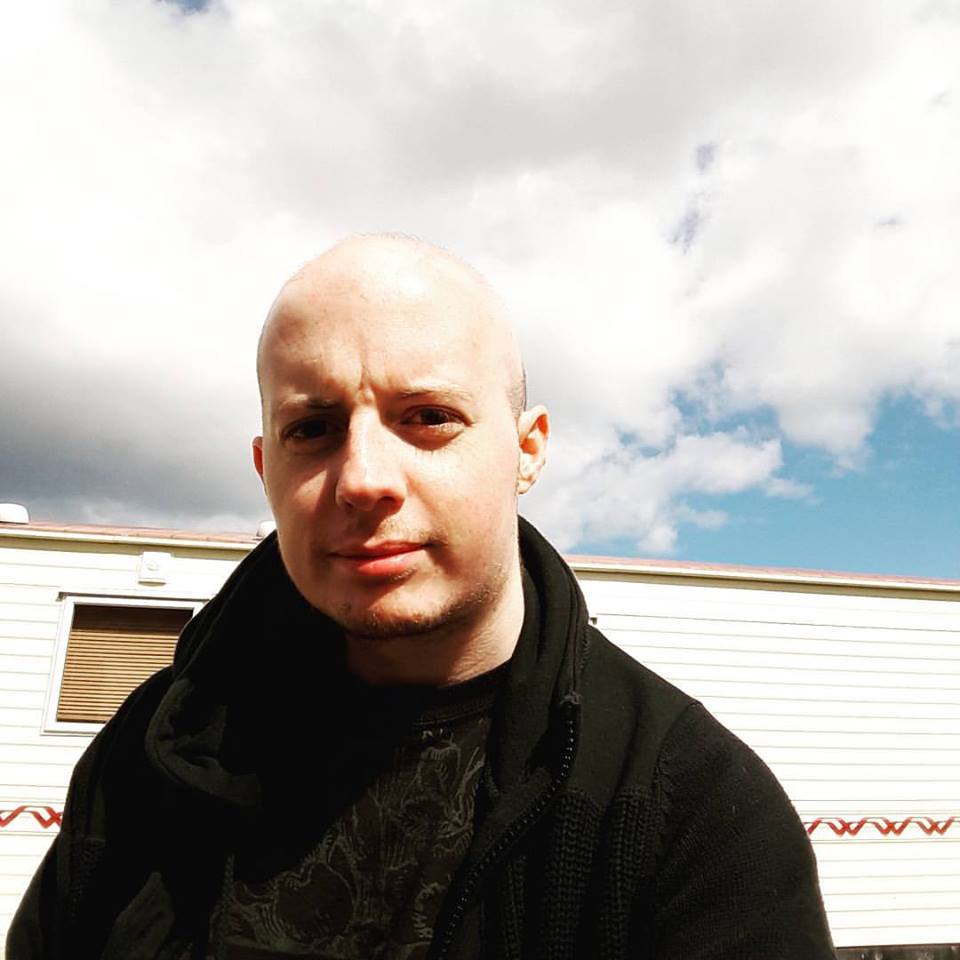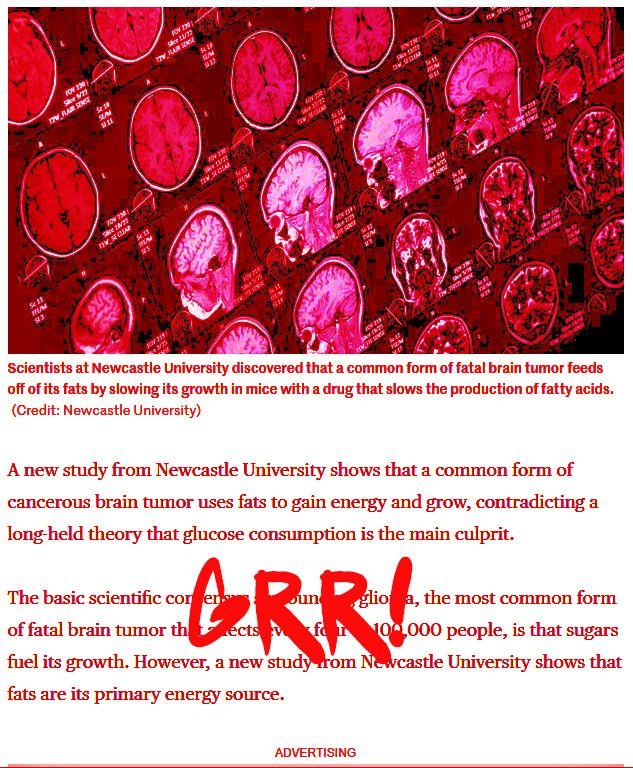Surviving Brain Cancer in a Precarious World
Part 15: Still Curious about the Big Bang

Something that was brilliant about the end of radiotherapy was that I could now go back to working full time rather than just working when I was back from the hospital. It made me very excited to get back to the studio and see everyone because I had been with them for 4 years seeing them every day and suddenly snatched from that environment over Christmas right when the company was working on some amazing projects.
I was still very weak and fatigued when I got to return to the studio for a week staying with my Mother at my parent's caravan nearer to the studio. It felt a bit emotional being back at the caravan site because the last time I was there was when I had started my last drive before all this health crisis started.
Back then it still felt physically tough to get through a full workday because the waves of fatigue would keep catching me off guard and making me feel dizzy and sick. I was annoyed by this because I just wanted to feel normality again and get on with doing what I enjoy the most, modelling on the computer.
The thing with the work that I do is that it was my dream ever since I was a little kid, constantly drawing on stacks of A4 paper at home. Because most of my childhood was in the 90’s, my creativity didn’t really move onto computers until I had left school.
By the time I started working as a 3d artist, it was all I had done since the move over, was constantly creating from my imagination on programs like Photoshop, Maya and eventually 3D Max which is my all-time favourite software.
So I was not just upset when I was diagnosed about all the fear and uncertainty of my future, but I was also frustrated that I was not at my desk, popping my head up every now and then to talk to my workmates like a nerdy meerkat.
I was reminded of old habits as soon as I logged back into skype to see my tagline read “Biscuit testing specialist”.
I had still clearly struggled with the raising anxiety problems before my diagnosis. It never occurred to me that my indulgent diet at work of constantly eating sweets and cakes every week, that it would have been the major driver behind the growth of a tumour.
The Warburg theory was what drove me to this realisation because where the scientist Otto Warburg had analysed cancer cell respiration it was clear that glucose was one of the most common drivers of cancer cell respiration. Thanks to my survivor friend in London, I later found out a great deal more about cancer cell respiration where it was clear Glutamine was also easily metabolized by some cancer cells. This was when we all started taking green extract to in hope of reducing glutamine.
It was around this time after treatment and waiting for the BBC documentary to start filming that we in the support group woke up to the news that Newcastle University was claiming that “Fats feed cancer”. This led to a reactionary move on brain tumour research.org’s website simply repeating the claim but with a worrying caution in regards to patience doing the high fat/low carb ketogenic diet like most of us in the group.
At first, it was a very confusing situation with lots of members posting about it in a panic that they were making their tumours worse. Luckily my friend in London kept a cool head as he does most times in the face of extraordinary or contradictory scientific claims. He simply went away for a few hours and then came back to explain that it was a good study and useful to us, just interpreted by the university press department poorly.
The story had gone through all the major newspapers all saying “fat feeds cancer”. This turned out to be a half-truth because when reading the study in detail, it was clear a very specific type of fat was used called Linoleic Acid
(LA), which is an omega 6 fatty acid that can be found in low quality, cheap cooking oils such as vegetable oil, rapeseed and Canola. Omega 6 fatty acids can cause inflammation which is arguably the basis for most diseases. It can be especially inflammatory to human cells when cooked at a very high temperature.
So although the University had clearly cocked up by employing a press department that clearly didn’t read their own academics paper correctly, we still had useful information ourselves in the group because it meant we knew to stop using such oils and be careful when eating out that its best to check before being found a table what oils are used at the establishments just as people do with allergies.
Unlike my London friend, I struggled to contain my anger at the miss-information caused by the universities department. I considered it a very dangerous outcome because these websites tend to stay online for years and get picked up by the newly diagnosed searching the web for treatments. We certainly continued to have caregivers and patients bringing it up for a good long while before most of the community got the message.
I rang the University and got through to the women who had enabled the newspapers to ambiguously present it as if it’s all fats rather than a very specific kind.
To my frustration, she doubled down on the wrong conclusion, no matter how many times I explained to her what her academics were concluding with their study. In the end, I just gave up because she sounded clueless and was clearly too lazy to issue a correction.
Every now and then we will still meet people on various science groups who have run with this false conclusion which is a great shame because it remains a dangerous lie that could misguide newly diagnosed cancer patients into avoiding a diet that could seriously extend their lives. To our horror, some newspapers were even writing it as if it meant glucose was no longer thought to be a problem instead of still being a problem alongside these additional fats.

Just before the first part of the BBC documentary would be filmed, I had to go get my MRI done. It had been a month and a half since radiotherapy finished there so it felt pretty regressive returning and again waiting in a seating area with my Mother to be called to the machine.
There was also a cruel reminder on the way to the waiting room as we saw an inpatient on a bed being taken for radiotherapy. As they passed, you could see the patient looking very ill clutching onto a sick bowl surrounded by hospital staff with a sense of urgency about them.
I found I never got used to seeing people suffering there, in fact, it only got worse the more of them I saw. My whole personality had changed since before I was first taken ill that year from what I identified myself as a moderately conservative minded realist and obsessed by aspiration to a very progressive humanistic mindset, desperate for optimism about the future.
It’s not that I felt I had bad intentions before, anything but, however, I definitely feel I was more ignorant and oblivious to the true realities of human suffering and why it should be normal that humanity is aware and epithetic when we know another human is suffering.
It made me question times where I felt empathy fatigue during the hight of Britain’s involvement in Afghanistan because so many British soldiers were dying it was a weekly occurrence when I was first commuting to University.
It seemed like it was getting to a stage where even the news reader was announcing a soldiers death as a predictable throwaway story, rather than the fact that it’s a huge amount of memories someone was making had come to a tragic end leaving people who played parts in those memories grieving and in some cases angry they were killed over intervention rather than defence.
The desensitisation effect is, of course, common in times of repeated bad news but after being told I would most likely die soon, I couldn’t help but imagine when I saw other people going through the same if they were as scared as I was or whether they are also as desperate to live so they can make more good memories.
Lots of people say they don’t want to live forever, but not many people say they know when they want to die. When I was in the MRI machine listening this time to one of my favourite Depeche Mode albums (Music for the Masses) I didn’t feel nervous about anything bad showing up on the scan. I felt bullish, like I had a mission to get into remission and help others do the same.
Leaving this time I felt thankful to the hospital because although all they could provide me with is the standard of care which is miles from a cure, they gave me enough lessons with all that waiting time to think about what I want my place in the universe to be about rather than always wondering why I existed in the first place.
Don’t get me wrong, I remained extremely curious about the big bang but less concerned about whether there was a reason for it, but more interested in what I could make it mean for me with all the opportunities life blesses us with.
To Be Continued…